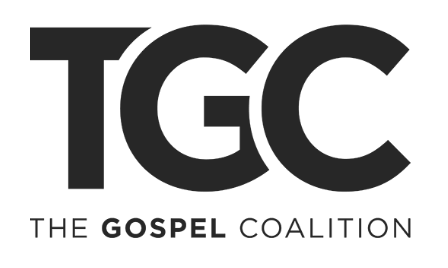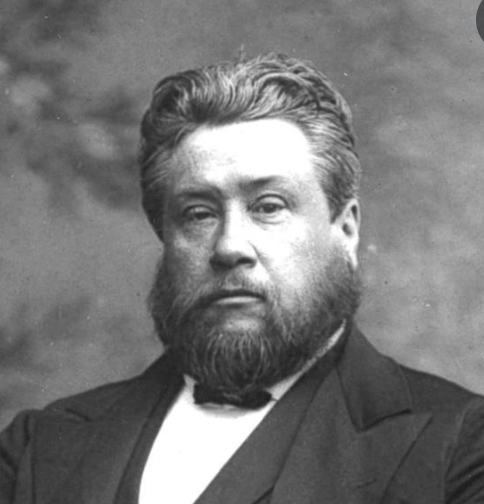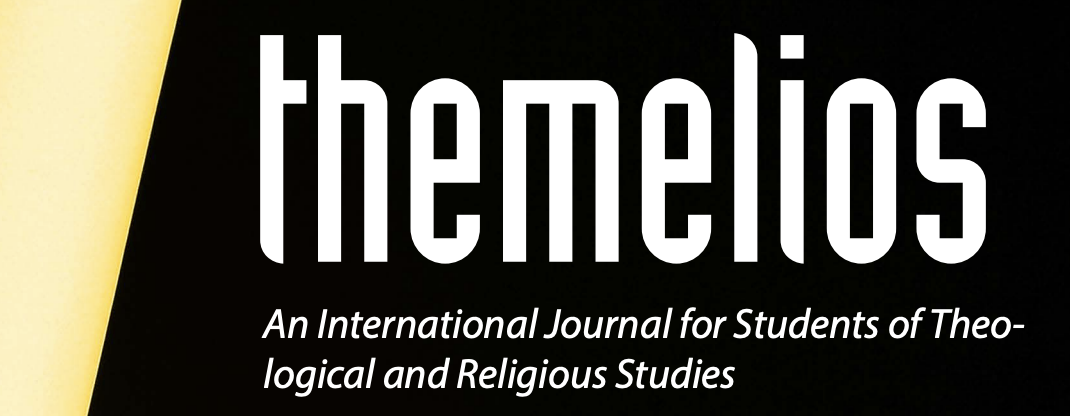Lesson 1: Sola Scriptura
One Invalid Claim
Invalid Claim #3: We Don’t Need Any Extrabiblical Knowledge
The point of the Bible is not to give us all knowledge but to tell us the most important things. In particular, God reveals himself in the Bible so that we can be brought to faith in him and grow in knowing him.
But if you want to learn how to drive a car, looking to the Bible will not help you. Does this mean that the Bible lacks something? No! You won’t find information on DNA, the migratory patterns of the whooping crane, or how to change the oil in your 2014 Toyota Corolla either. That’s not what the Bible is meant for!
Further, the Bible does not tell what treatment will make a cancerous tumour shrink, or how to set a broken bone. For that, we need scientific knowledge. How about mental illnesses like depression? Does the Bible tell us how to deal with this? Depression can have a spiritual cause, but it seems, based on scientific discoveries of brain chemistry, that some people’s depression has a purely physical cause. In any case, many pastors and theologians have acknowledged for centuries that the causes of depression are mixed and complicated, and not merely because of sin (see 17th-century Puritan Richard Baxter, for example). So the solutions for depression can include medication, or not, depending on each situation. As author Michael Lundy paraphrases Baxter, “See to the condition of your own soul, and consult with your own pastor and your own physician, and apply their advice as appropriate.”¹
Using a scientific remedy like this does not inherently militate against the Bible’s authority, any more than a doctor does when he prescribes antihistamines for your allergies. Rather, all truth is God’s truth, and God has blessed us with many gifted scientists and doctors who seek to help suffering human beings. The truth in God’s book of nature does not contradict the truth in God’s book of Scripture. So any demonstrable truth scientists and doctors discover is a gift from God.
(Of course, we must be careful to discern what is demonstrably true. This is because many things labeled “science” today are actually just guesses at history based on preconceived naturalistic beliefs. Creation ministries rightly and often distinguish between observational science and historical science. That is, what is "demonstrably true" is observationally based and repeatable. This contrasts beliefs about history (based on evidence that is only in the present) and often driven by a system which contradicts the Bible. As Christians, we must know how to test everything and hold on to the good.)
Believers do need extrabiblical knowledge.
Why did I spend so much time here helping you understand what sola Scriptura does not mean? Remember, this course aims to help you avoid the ditches of avoiding commentaries and abusing them. The fact that the Bible is our ultimate authority doesn’t imply that we don’t need the church or human teachers, that we don’t need creeds or confessions, or that we don’t need any extrabiblical knowledge. Resources like commentaries are invaluable resources to help us rightly interpret God’s Word.
Recommended Articles for Further Consideration
 Is Background Information Ever Necessary to Understand the Bible?
Is Background Information Ever Necessary to Understand the Bible?Andy Naselli’s critique of Grudem’s article above
A Glorious Army
Listen as the great preacher, Charles Haddon Spurgeon, warns you about the arrogance he saw in many people who rejected commentaries:
In order to be able to expound the Scriptures, and as an aid to your pulpit studies, you will need to be familiar with the commentators: a glorious army, let me tell you, whose acquaintance will be your delight and profit. Of course, you are not such wiseacres² as to think or say that you can expound Scripture without assistance from the works of divines and learned men who have labored before you in the field of exposition. If you are of that opinion, pray remain so, for you are not worth the trouble of conversion, and like a little coterie³ who think with you, would resent the attempt as an insult to your infallibility. It seems odd, that certain men who talk so much of what the Holy Spirit reveals to themselves, should think so little of what he has revealed to others.
—C. H. Spurgeon, Volume 4 of Lectures to My Students: Commenting and Commentaries; Lectures Addressed to the Students of the Pastors’ College, Metropolitan Tabernacle, 11, emphasis mine.

